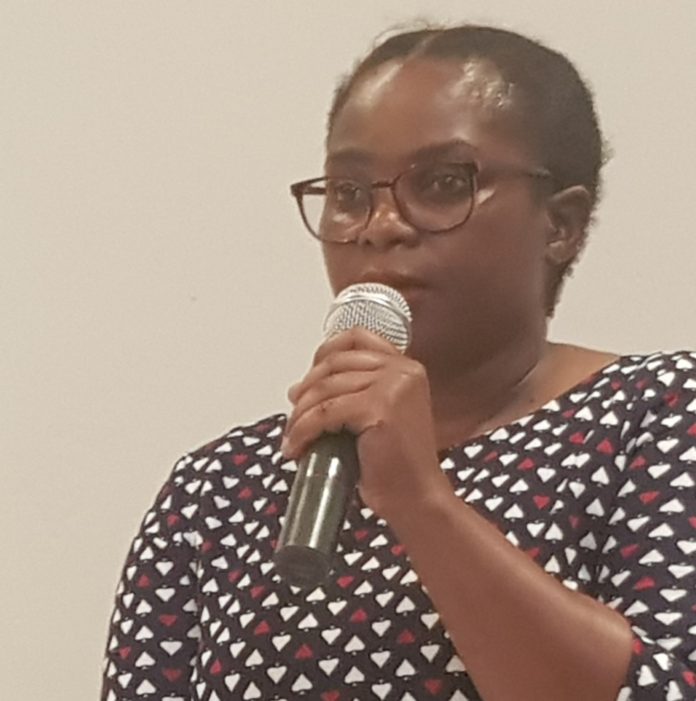THERE is a misunderstanding between state and non-state actors on the planned revision of the 2002-Genetically Modified Organisations (GMOs) policy in Zambia with the latter insisting on the retention of the ‘traditional agroecology’ to avert insecurity and protect Zambia’s food sovereignty.
In recent years, there have been attempts by the Government to review the GMO (National Biotechnology and Biosafety Policy) at the expense of the traditionally accepted farming systems already in place which are ‘free from any modification’.
Peasants, small holder farmers-among other beneficiaries from the agriculture sector are content with the policy in place as it allows for food security. It allows farmers to retain traditional seeds and other forms of inputs to allow for sustained use of the rich soils unlike inducing genetically modified organisms, whose effects are consequential to the farmer.
The inducing of the modified organisms have induced devastating effects on the soil, affecting yields from year to year-thus affecting farming profitability, remain hazardous to human life and the environment while further threatening the country-known to produce “non GMO maize and other produce fail to compete on export markets.
Interest groups under the Zambia Alliance for Agroecology and Biodiversity (ZAAB)-embracing among others, peasant and smallholder farmers are concerned at the poor stakeholder engagement and lack of adequate communication surrounding the draft GMO policy in recent years.
The lack of communication and misunderstandings over the proposed GMO policy-superseding the one initiated in 2002 and intended to protect the farmers against any undesirable inducement of unwanted elements in the soil has heightened the impasse.
Arguably, the non-state actors and other various interest groups in the agriculture sector remain opposed to any type of modification of any organism for onward application in the sector to avert contamination and affecting the traditional farming methods that are profitable and harm free to humans.
Purveyors of the 2002 policy, while appreciating any form of modifications of organisms, demanded that any developer should first expose the research to laboratory tests to show proof of their safety to nature and human life before applying to defray costs on the sector and humanity.
Proposals-globally by interest groups to have the effects of any modifications of any type of organism to compel the manufacturer to bear the costs induced on the soil and humanity has faced resistance by multinationals-many seeking inducement of GMO.
The multinationals, some players in the sector argue, are allegedly seeking to impose GMOs in the sector despite its vast consequences. This in turn will make farmers as “sacrificial lamb” to bear the burden of consequences of their modifications-a demand being detested.
Muthinta Nketani –the ZAAB’s national coordinator in her presentation during stakeholder engagement in Lusaka, Wednesday, is saddened by the lack of collaboration and dialogue over the GMOs.
Plans to induce unilateral legislation, arguably to modify any acceptable practices at the expense of the majority farmers, needed consensus to enhance the country’s food sovereignty; regrettably, all efforts have failed in recent meetings.
The planned inducement of GMOs would defeat Zambia’s quest to be food secure and fail to compete on the export market with modified maize variety.
The relentless effort by the Government to validate the National Biotechnology and Biosafety Policy and open up ‘Zambia to live GMOs in Agriculture’ would reverse the country’s gains.
“Modern Agriculture involves the use of agrochemicals and fertilizers which can be withdrawn at any time and their effects reversed over time. But GMO genes are self-replicating and can therefore trigger and cascade changes whose consequences no-one can predict.”
She further contends with scorn: “the policy formulation process should be encompassing of all divergent views and should exhaust all stages to the satisfaction of all constituents. I strongly oppose the #biosafetyandbiotechnologydraftpolicy #saynotogmos” she adds in her tweet.
And Francis Davies, a ZAAB communications and advocacy official, noted that some of the terms and passages in the proposed policy are ambiguous and may affect their translation and meaning.
The liability in the draft policy lacks merit and does not make the manufacturer accountable for any adverse reactions of the GMO on life and the environment.
National Union for Small Scale Farmers in Zambia Executive Director Ebony Lolozhi notes the impact on the small scale farmers. Much of their food produce is consumed by Zambians. He wonders why they have been excluded in the draft policy yet they are affected directly.
GMOs are more costly which would add to the already high cost of production on farmers which does not help them in any way. Zambian Maize, he contends, is in high demand beyond borders, being genetically free and the policy, if induced, would restrict the farmers’ export desires.
According to recent market trends in the Southern African Development Community (SADC), maize is fetching an average US$270/ton, and can rise in nearest weeks subject to trends and demand among food starved countries seeking the staple food for most countries in the region.
Peasant farmers and other interest groups have thrown their weight on the calls for total rejection of the GMOs noting that it was time Zambia remained a continental food hub.
The admission of GMOs would scatter plans to retain the original seed while forcing majority admirers of Zambia’s original maize to look elsewhere-a cost on the national treasury.









